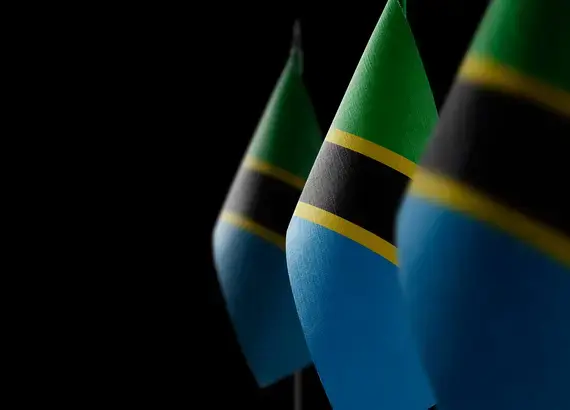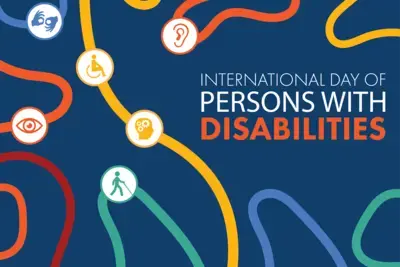
Success Story
Tanzanian Youth Leaders and the Importance of Census Data for Local Decision Making
Youth engagement is becoming increasingly important in Tanzania, a country with one of the fastest growing youth populations in the world. Currently, an estimated 61 percent of the population is under the age of 35, making up a clear majority. Despite this, a recent study by the Tanzania Centre for Democracy (TCD) found that only 23 percent of council positions at the local level were contested by young people in the 2020 general elections. Without youth representation in these local councils, the unique needs of this majority population will not be included in regional and national level development and budget planning. Furthermore, young people bring critical skills and new ideas to the decision-making process, which establishes their value as leaders.
In early August 2022, the National Democratic Institute (NDI) and our civil society organization (CSO) partners launched the University Youth Initiative, bringing together Tanzanian youth leaders and local government authorities for skill-building sessions and open dialogue on issues related to youth political engagement and the 2022 census. This work, which falls under the USAID-funded Tushiriki Pamoja (“Participate Together”) program, aims to strengthen and support civil society, particularly women, youth, and persons with disabilities (PWDs), to engage in and promote accountable and inclusive political processes.
The youth dialogues focused on the relevance of census data, including how it can be harnessed to make informed decisions on policies at the council level that affect young people. The dialogues, concurrently held in Arusha, Iringa, and Dodoma, provided a space for youth leaders and their local councilors to identify pathways to increasing youth participation in local government.
NDI designed this initiative to both further youth inclusion and build an understanding of the importance of data-driven decision making. The team put out an open call for applications and selected 27 youth leaders from universities across Tanzania. These leaders were invited to an in-person launch event in Arusha on August 15, allowing them to meet each other, network, and set the stage for further engagement throughout the rest of the week.
Following the launch event, NDI hosted trainings to prepare youth leaders for the dialogues, which were the capstone of the initiative. The dialogues gave youth leaders an opportunity to apply their skills in public speaking, negotiation, and advocacy and build confidence while allowing local councilors the opportunity to learn more about factors preventing young people from participating in civic and political processes. At the dialogues, youth leaders mentioned several barriers to participation, including limited opportunities to network and build skills and restricted access to information about local government processes.
At the end of each dialogue, partners consolidated a list of recommendations, which included creating internship opportunities for youth at the local councils, using social media to engage youth on local council developments and receive input and creating local youth councils.
Local councilors’ responses to the initiative were overwhelmingly positive.
A Ward Executive Officer in Dodoma said, “...we often meet youth at our offices only when in need of official office stamps, no one attends the village assembly or social activities organized in our neighborhood. This platform has, for the first time, provided me an opportunity to meet university youth to share with them experiences and remind them of their responsibilities.”
An Arusha Councilor noted, “this event has been significant for me, it made us aware that youth are the majority of our population. Therefore, we have a role to ensure our plans are youth-centered, giving close attention to young women as they are more vulnerable.”
Upon learning that students had no prior experience attending local council sessions, the Mayor of Iringa, Hon. Ibrahim Ngwada, invited all participants to the Iringa council meeting on August 25 to continue their learning firsthand. One participant provided post-event feedback noting, “...I now know decision making occurs through open meetings like village meeting, ward meeting, and full council hearings. It is important all members of society attend these.”
NDI’s work was undertaken in partnership with: the National Bureau of Statistics (NBS), the Youth Inspiring Foundation (VIF) in Arusha, Tanzania Higher Learning Institutions Students Organization (TAHLISO), Iringa Civil Society Organizations (ICISO) and Tanzania Peace, Legal Aid and Justice Centre (PLAJC) in Dodoma.



